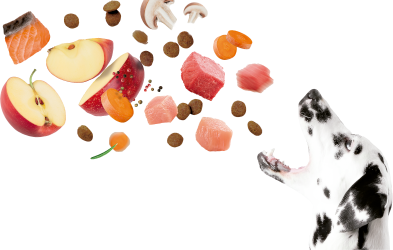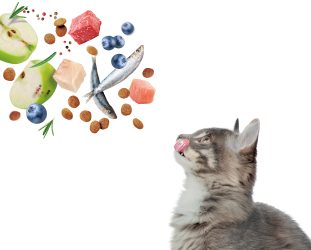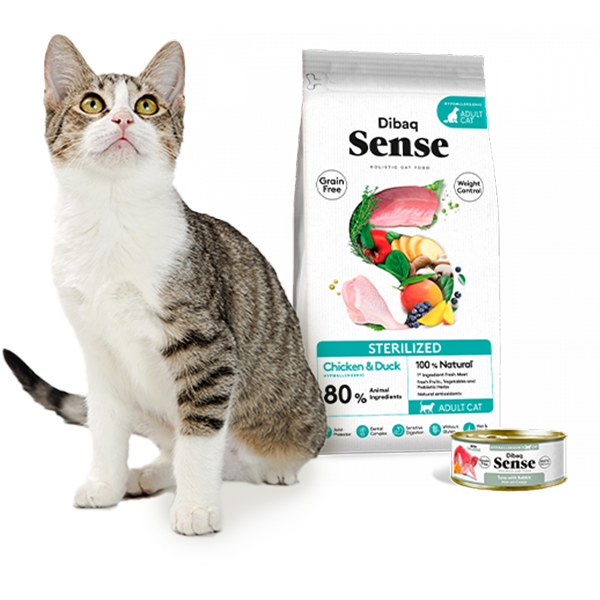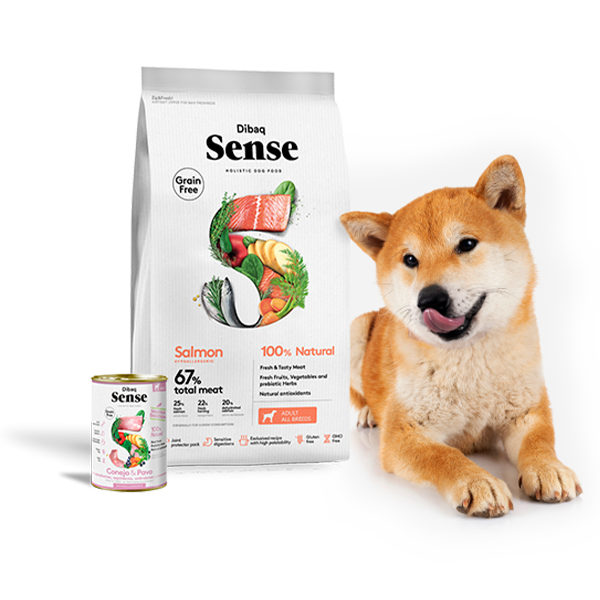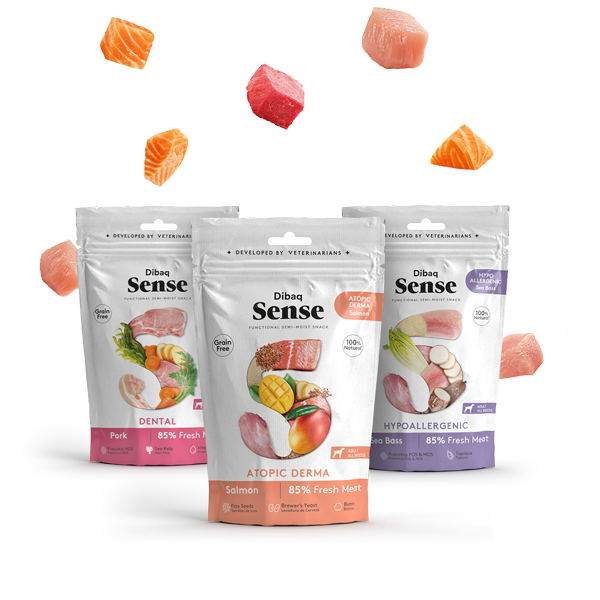Discover the poisonous plants for your cat
TOXIC PLANTS FOR CATS AVOID THEM
Cats are curious animals by nature and with certain instincts, we cannot stop them from playing, showing their curiosity and investigating. But we don't consider the dangers of them playing with plants. For them they are a real attraction and necessity, they use them to purge themselves: their digestive system lacks the necessary enzymes to metabolize plants and that is why swallowing grass helps them eliminate, for example, hairballs through vomiting.
If you have plants at home you should know that they can be a danger to them.
In this article we talk about plants that are toxic to cats and the most common effects they can have on them if they chew or ingest them.
WHAT ARE TOXIC PLANTS FOR CATS?
Many of the plants toxic to cats are unusual natural plants in our homes. Although there are other more common ones that also contain dangerous toxins for your feline. These are the main ones:
- Lilies: Plants in the lily and lily family are the most toxic plants for cats. They can cause symptoms such as sadness, loss of appetite or excessive thirst, among many other symptoms.
- Arecea family: This group includes the difembaqia, the philodendron, the caladium, etc. The common symptoms if your cat ingests them are hypersalivation and diarrhea. They may also show breathing problems or voice changes.
- Oleanders: The toxin contained in these plants affects your heart, altering its frequency and rhythm. They present symptoms such as vomiting, diarrhea, cardiac and neurological alterations.
- Easter plant: This plant is very irritating to cats. The symptoms they have are: cough, salivation, vomiting and diarrhea. Contact of its sap on the skin or eyes also causes great irritation.
There are other plants toxic to cats, such as ficus, hydrangeas, bulbs of ornamental plants such as narcissus and hyacinth, holly, etc. That is why it is important that, if you have any plant at home, you consult with your veterinarian if it has any type of toxin that could affect your animal.
WHY DO CATS EAT PLANTS?
The reason why cats insist on nibbling on plants is still not entirely clear. Although there are recent studies that speak of a behavior inherited from their wild ancestors that pushes them to eat grass and other plants to purge themselves of possible intestinal parasites. The truth is that it is a real necessity for them.
At Dibaq we continually work to offer products that contain quality ingredients, to keep your kitten healthy and with a very strong immune system.
We recommend that you stay tuned as we will soon announce the true revolution in cat food…tick, tock, tick, tock…
And you, what plants do you have at home? And, more importantly, are you sure these are not plants that are toxic to cats?
Share this content

